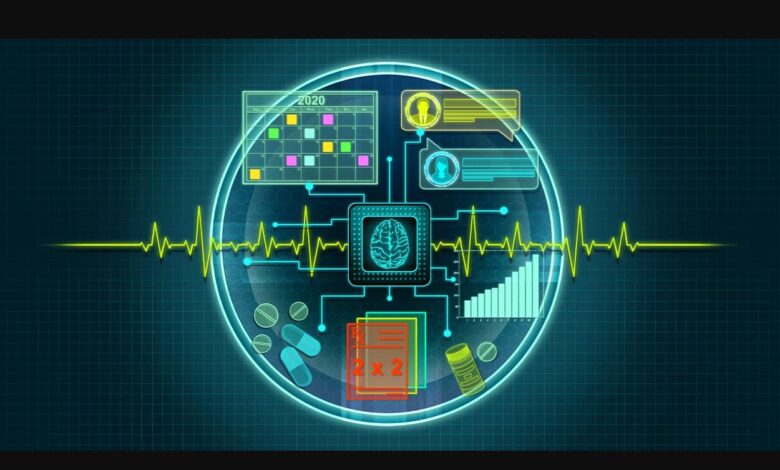The Impact of Artificial Intelligence on Medical Research and Diagnosis

Artificial intelligence (AI) is a rapidly evolving technology that has the potential to revolutionize medical research and diagnosis. AI-powered tools can analyze vast amounts of data, recognize patterns, and make predictions with high accuracy. In this article, we will explore the impact of AI on medical research and diagnosis.
Introduction to Artificial Intelligence in Medicine
Artificial intelligence is the simulation of human intelligence in machines that are programmed to learn and think like humans. AI algorithms can analyze complex medical data such as medical images, genetic information, and clinical records. AI has the potential to transform medicine by enabling doctors and researchers to make more accurate diagnoses and develop more effective treatments.
The Role of AI in Medical Research
Medical research is a data-driven field that generates vast amounts of data. AI algorithms can help medical researchers analyze and make sense of this data, leading to new discoveries and treatments. AI can also assist in the identification of potential drug targets, prediction of drug toxicity, and development of personalized medicine.
AI in Genomics Research
AI has the potential to transform genomics research by helping researchers analyze large amounts of genetic data. AI algorithms can identify genetic mutations that are associated with disease, predict disease risk, and help develop personalized treatments.
AI in Drug Discovery
AI can accelerate the drug discovery process by identifying potential drug targets and predicting the efficacy of new drugs. AI algorithms can analyze large amounts of data from biological experiments and clinical trials to identify promising drug candidates.
The Role of AI in Medical Diagnosis
AI algorithms can assist in medical diagnosis by analyzing medical images, clinical records, and other patient data. AI can help doctors make more accurate diagnoses, detect diseases at an early stage, and develop personalized treatment plans.
AI in Medical Imaging
AI algorithms can analyze medical images such as X-rays, CT scans, and MRIs, helping doctors identify abnormalities and make accurate diagnoses. AI can also assist in the detection of diseases such as cancer, where early detection is critical for successful treatment.
AI in Clinical Decision Support
AI algorithms can analyze patient data such as medical records and laboratory test results, providing doctors with real-time insights into a patient’s health. AI can help doctors make more informed decisions, leading to better patient outcomes.
Challenges and Limitations of AI in Medicine
While AI has the potential to revolutionize medicine, there are also challenges and limitations to its use. One of the biggest challenges is the need for large amounts of high-quality data to train AI algorithms. There are also concerns about the ethical and legal implications of using AI in medicine, such as patient privacy and liability for errors made by AI algorithms.



